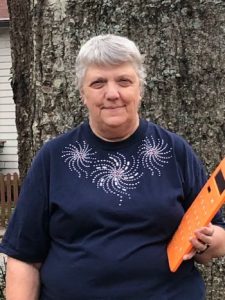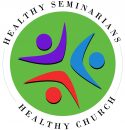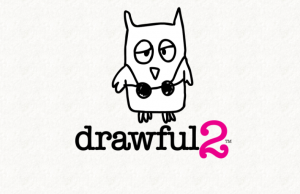April 2020 – Here is what one of our Lenten Challenge participants shared about their experience this year…

“I signed up for the Lenten challenge because for me, it helps to have structure to my spiritual time. The reflections each week that were sent helped to center the topic for that week. During that week, each day presented a different way of looking at the topic.
For example, the week on “honesty” included questions directed about honesty and God, honesty and self, honesty and loved ones, honesty and my community, honesty and creation. Some of these were extremely personal for me, like, how honest am I with God?
Some were not as pertinent, such as honesty and creation, although I’m concerned about creation and environment, that is not a priority for me right now. I really had to think about some of the questions posed, which was good during the Lenten season, as we can use that time to reflect.
The topic of forgiveness was most personal for me, as I question whether I have truly forgiven those who have hurt me. I think I have, but I need to reach out to God and ask for help if I have not been able to forgive. I also need to forgive myself constantly, as most people say, “you are too hard on yourself”. Funny to be thinking of forgiveness in relation to me; may God help me in this area. The Lenten reflection ended with a “bonus” week, that of Holy Week. I was so glad to end the Lenten challenge with “Christ is risen.”
Reflection by Sue Buchholz from Atlanta, GA, Lenten Challenge Participant

 When did you have COVID, and how did you experience it?
When did you have COVID, and how did you experience it? For those who are not familiar with Drawful 2 (a game that can be played well either in person or via Zoom, Skype, or Facetime), each player receives a “unique” (that is, weird!) prompt that they must try to draw on their mobile devices (without the ability to erase once you start drawing!). For example, when playing with my family (dad, brother, sister-in-law, and two young nieces), we had to draw things such as “a pool full of salad,” “summer tuxedo,” and “throwing shadow.” After each “artist” presents their work, everyone else anonymously proposes a title for this bizarre drawing.
For those who are not familiar with Drawful 2 (a game that can be played well either in person or via Zoom, Skype, or Facetime), each player receives a “unique” (that is, weird!) prompt that they must try to draw on their mobile devices (without the ability to erase once you start drawing!). For example, when playing with my family (dad, brother, sister-in-law, and two young nieces), we had to draw things such as “a pool full of salad,” “summer tuxedo,” and “throwing shadow.” After each “artist” presents their work, everyone else anonymously proposes a title for this bizarre drawing.  Learn more about this “heart condition” and what Lucas shared below in their Q&A session.
Learn more about this “heart condition” and what Lucas shared below in their Q&A session. While pastoring in Northern Ireland, I joined a typical gym where you walked in, did your workout, and really didn’t speak with anyone. I worked out there for about a month, and then there was snow. . . I didn’t go back.
While pastoring in Northern Ireland, I joined a typical gym where you walked in, did your workout, and really didn’t speak with anyone. I worked out there for about a month, and then there was snow. . . I didn’t go back.